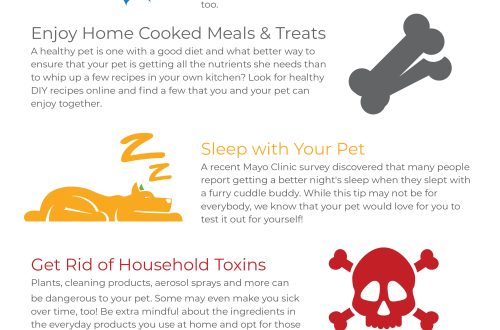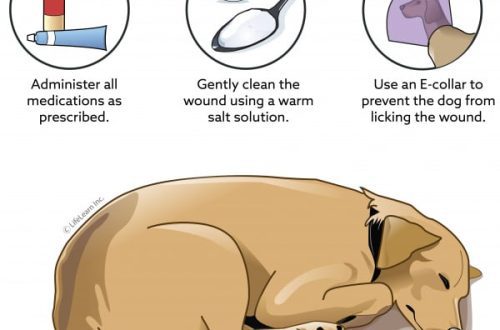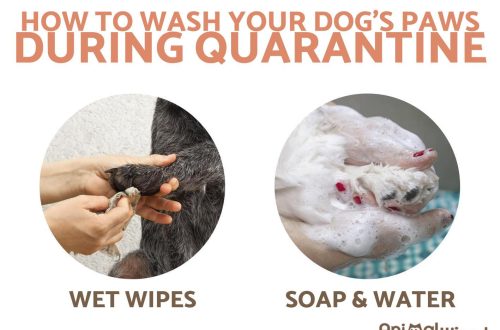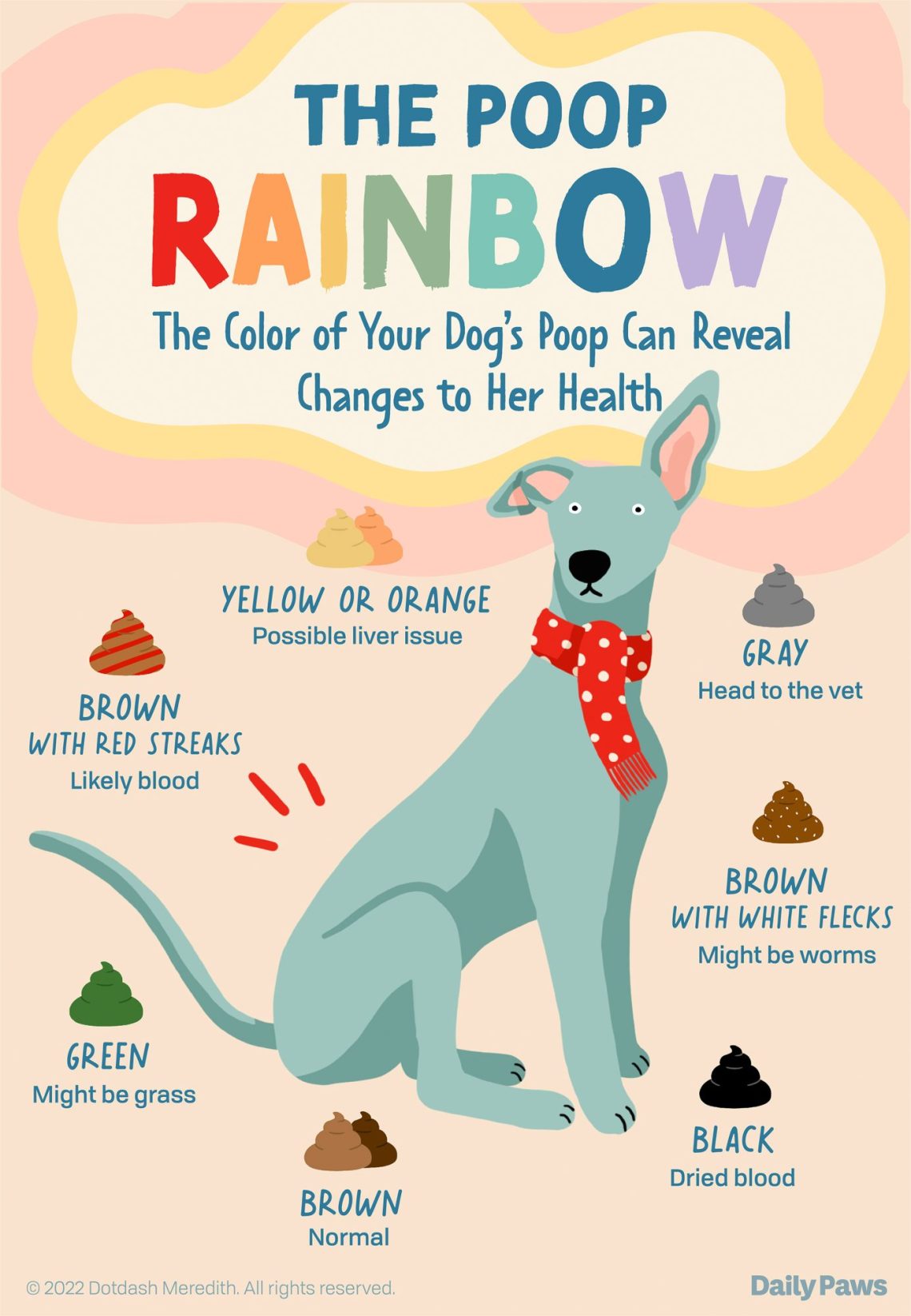
Meriv çawa Diarrheya Kûçik û Pirsgirêkên Din ên Gastrointestinal Rawestîne
How to treat constipation in a dog? and “What should I do if my dog has diarrhea?” These questions are often asked by owners of four-legged friends. Both of these gastrointestinal problems can cause lethargy, bloating, and severe discomfort in animals. While providing your dog with a balanced diet and preventing food incidents such as eating garbage, toys, and table scraps can help minimize the chance of GI upset, constipation and diarrhea are common. Every owner should know about them and understand in what cases it is necessary to contact a veterinarian. The specialist will determine the cause of the dog’s stool problems and find the best way to help the pet.
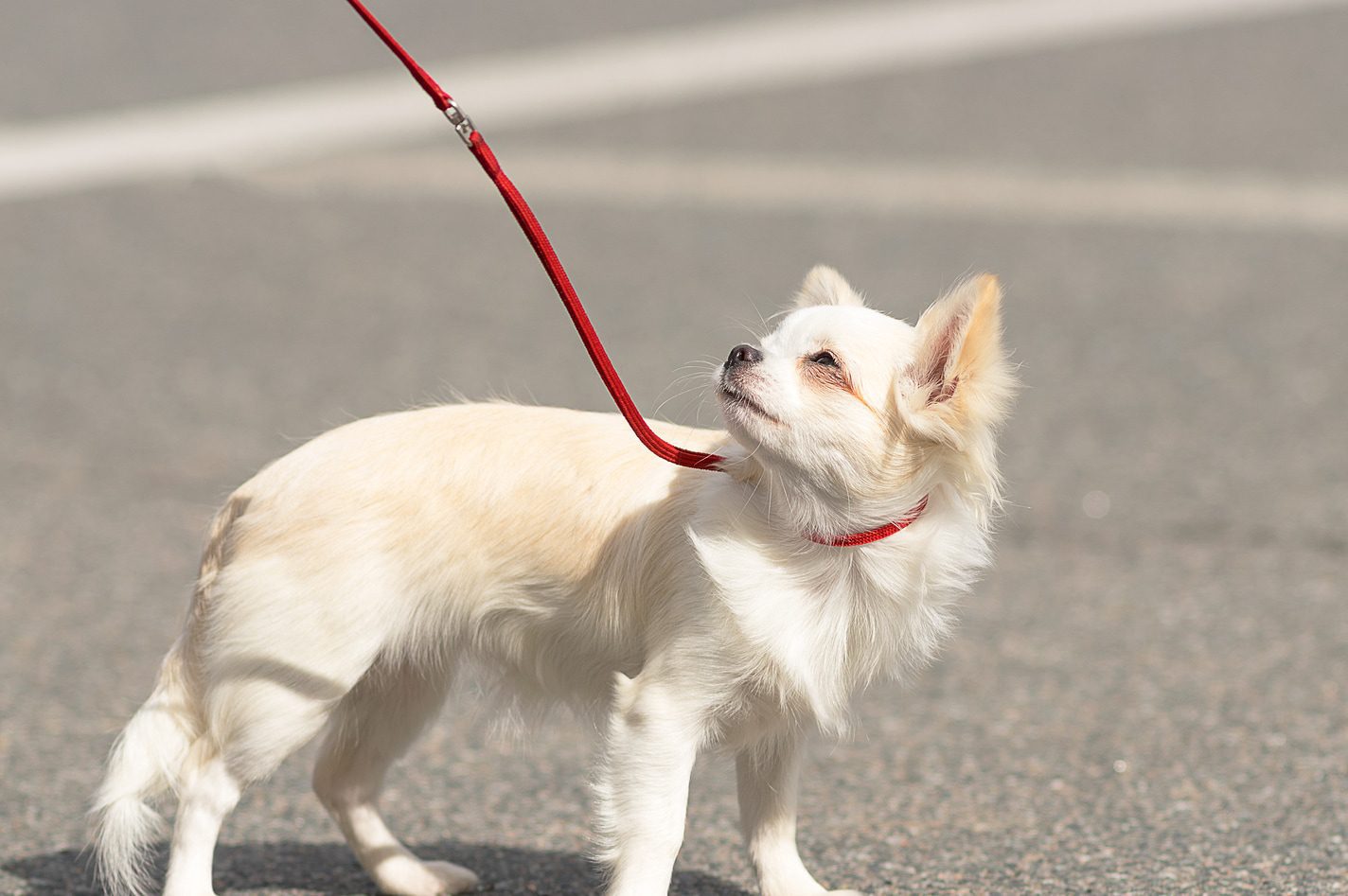
Contents
What is constipation in dogs
Most pets develop a habitual bowel habit over time. Usually the owners know exactly how many bags to take with them for a walk. In order to be able to identify important changes in time, it is necessary to have an idea of the normal bowel movement in a dog.
Constipation refers to infrequent or difficult bowel movements. The stool is often hard and dry and may contain traces of blood. If your dog has occasional fewer trips to the toilet than usual, this is not a cause for concern, but if the four-legged friend has no stool for more than a day and he shows symptoms such as severe bowel strain and poor appetite, then you need to call the veterinarian doctor.
Constipation in a Dog: Symptoms and Causes
There are many possible causes of constipation in dogs. An examination by a veterinarian and tests such as x-rays can help detect or rule out the following problems:
ingestion of foreign bodies – items of clothing, toys, bones, stones, grass, fur, human hair, etc.;
inert intestine;
zuhabûn;
blockage of the anus with matted hair;
prostate enlargement in males;
hernia – protrusion of a small area of uXNUMXbuXNUMXbthe muscle outward;
tumor or neoplasm in the gastrointestinal tract;
infection or congestion of the anal sinuses;
bandorên alî yên dermanan;
orthopedic and neurological conditions that impair the dog’s ability to squat.
What to do if your dog is constipated
Treatment for constipation will depend on its cause. In cases where the problem is related to the blockage of the anus with matted hair, you can solve it with the help of a clipper. Dogs that have difficulty stooling due to hair, grass, or bone fragments in their stools may need to be treated by a veterinarian. Which will carefully remove the stuck feces by hand. Or, if the animal is having difficulty defecation due to enlarged prostate glands, neoplasms in the intestinal tract, or hernias, surgery will be required.
Pets with orthopedic or neurological disorders can be helped by physically supporting them during bowel movements with a harness. Dogs with conditions such as diabetes and kidney disease, which in some cases increase the risk of dehydration and constipation, may need to add water to their food or administer subcutaneous or intravenous fluids. If the x-ray shows a large accumulation of stool in the colon, the veterinarian may prescribe an enema, which will provide significant and immediate relief.
In any case, if you suspect that your dog is constipated, you should contact your treating veterinarian for advice. The veterinarian may recommend a wet food, a high fiber food, or a highly digestible dog food to support the health of the dog in his illness.
The increased fiber content in some medicated dog foods improves water absorption. This helps soften stools and increases intestinal peristalsis, the body’s ability to move food through the digestive system. Before giving your dog any over-the-counter medications, consult your veterinarian as many of them can be dangerous or even fatal to your pet.
What is diarrhea in dogs
Unlike constipation, which makes owners look forward to every next trip to the toilet, diarrhea creates situations in which they cannot wait for it to finally end. Diarrhea, that is, loose and frequent stools, is one of the most common gastrointestinal problems in four-legged friends. Like constipation, diarrhea can be caused by a variety of things:
the use of fatty or indigestible food (leftovers from the table, sticks, toys, garbage);
abrupt change in food or treats;
food allergy or intolerance;
Stress – Nursery placement, travel anxiety, or separation anxiety
parazît;
viral or bacterial infection;
nexweşiya rûvî ya înflamatuar
Qansêr;
medications – antibiotics are often the cause of diarrhea;
non-gastrointestinal medical problems, such as kidney disease, liver disease, or pancreatitis.
Medicine for diarrhea in dogs
Gastrointestinal problems in dogs consistently rank among the top ten medical problems requiring veterinary attention. While many causes of diarrhea are serious and require medical attention, less serious cases can be treated at home after consultation with a specialist. To give your doctor a better idea of your pet’s problems, you need to prepare answers to the following questions in advance:
How long has the diarrhea been going on?
Does the dog have other health problems?
What color is her chair?
Is the dog eating and drinking normally?
Did she vomit?
Does the dog show lethargy?
If any of these issues bothers the owner, a visit to the veterinarian should not be postponed.
Dog Diarrhea Home Remedies
When it comes to treating diarrhea at home, it’s important to follow your veterinarian’s advice exactly. In some cases, he will recommend not feeding the dog for 24 hours so that his digestive system can rest. However, the pet should always have access to fresh water.
After 12-24 hours, the inflamed intestines will be able to rest and recover, and will also minimize the loss of water from the body. It is very important to give your dog fresh water and monitor fluid intake to prevent dehydration.
Even if your dog’s diarrhea is mild, it’s best to play it safe and talk to your veterinarian. He will prescribe medications or offer special dog food for diarrhea. They are usually easier to digest, helping to replace the loss of important nutrients.
Problems in dogs, whether constipation or diarrhea, require close attention. Although neither condition is usually an emergency, if symptoms persist or the animal feels unwell, contact your veterinarian immediately. Knowing how many times a day your dog goes to the toilet and the consistency of the stool is normal, you can identify the problem in time and provide your pet with optimal care.



